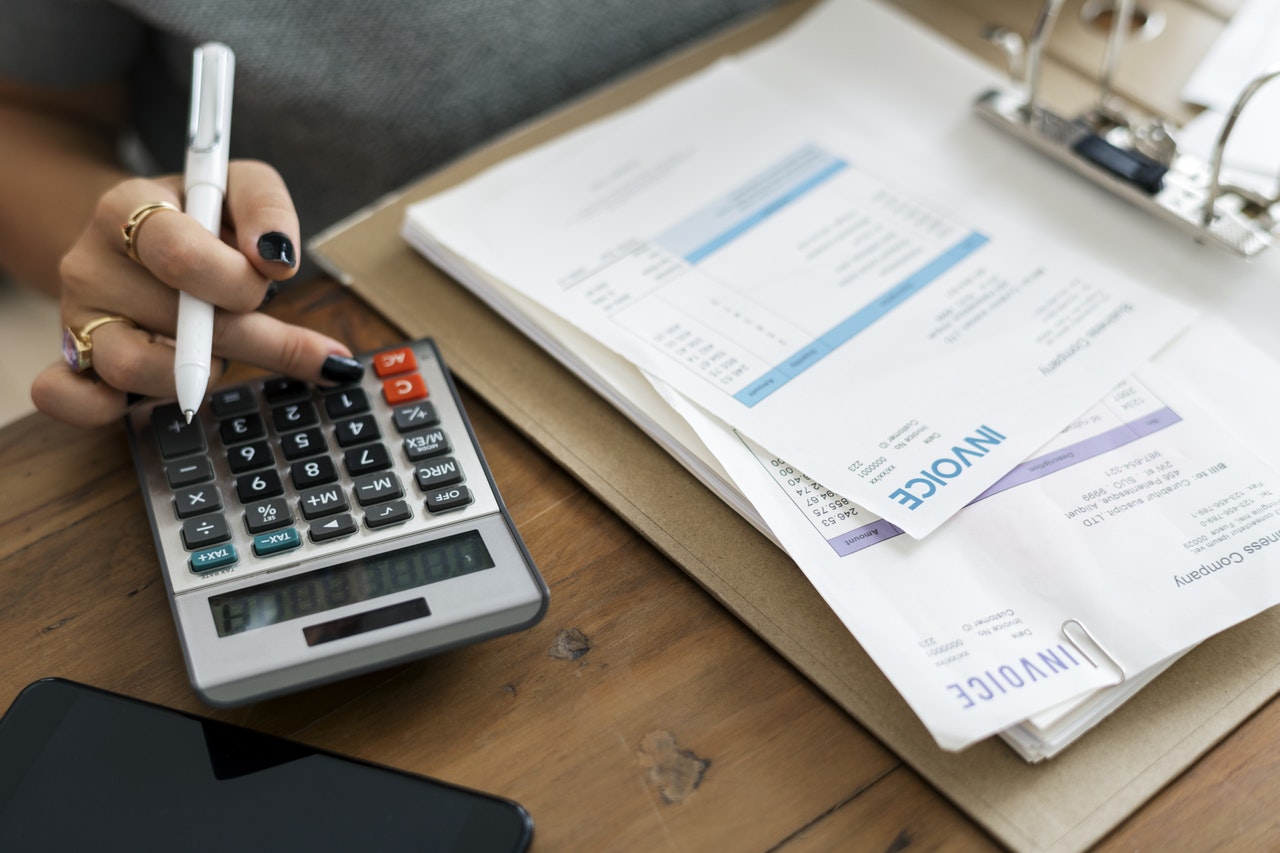What is Preliminary Tax and Why is it So Important?
If you have an income tax return to complete in Ireland, then preparation for preliminary tax is essential. It’s important because you must pay it in advance of the following tax year — and there are penalties if you don’t. This might sound daunting at first, but it’s actually quite straightforward.
Our expert team at Tax Returns Plus is here to guide you through the intricacies of preliminary tax in Ireland. Here we look at what exactly is preliminary tax in Ireland, what you need to consider, and how to pay it quickly and easily.
CONTENTS
What is Preliminary Tax?
How Much Should I Pay?
Benefits and Challenges
What to Pay and How to Pay it
Talk to The Professionals
What is Preliminary Tax?
In Ireland, Preliminary tax is an estimate of the tax that self-employed individuals and certain companies are expected to pay for the current tax year. This estimate is based on your Income Tax, Pay Related Social Insurance (PRSI), and Universal Social Charge (USC). It helps to ensure that you pay the correct amount of tax throughout the year.
When Is Preliminary Tax Due in Ireland?
Preliminary tax payments are due when filing and paying the tax return for the preceding year. The 31st of October is the tax payment deadline for any given tax year.
At the same time, you also make a preliminary payment for the following tax year. For instance, you must settle and submit your 2024 tax return by October 31 2025. Simultaneously, you are required to pay preliminary tax for 2025.
Who Has to Pay Preliminary Tax in Ireland?
- All self-employed individuals in Ireland are required to pay preliminary tax, regardless of their income level.
- Any individual who receives Non PAYE income such as rental income in relation to landlords, foreign pensions, dividends, short term lettinging income etc.
How Much Preliminary Tax Should I Pay?
As a taxpayer with non-PAYE income, you don’t pay any tax until 31 October of the following year. Meanwhile, your PAYE friends are paying taxes every month. To balance things up, tax returns for the self-employed include an estimate of the tax you expect to pay for the year.
The estimated amount can be 90% of your final liability for the current tax year; however, most people find it easier to simply pay 100% of their final liability for the previous tax year, as it’s easier to estimate given you already have a figure to reference it against.
Paying Preliminary Tax – Benefits & Challenges
Benefits
By paying your preliminary tax, you remain fully tax compliant and will avoid any penalties. Generally, your preliminary tax payment will cover your liability for the tax year.
Challenges
In the first year of business, paying preliminary tax can be a significant lump sum, essentially double your tax liability. This means you should have the money to hand. Our tax experts recommend that you set aside at least 35% of your income to cover your tax liability, however, all savings may not be needed.
How do I Calculate my Preliminary Tax in Ireland?
There are three methods for calculating your preliminary tax. If you are self-assessed for income tax, there are various payment options for preliminary tax. Before October 31st, you must pay an amount that is at least one of the following:
- 90% of the tax due for that year
- 100% of the tax due for the preceding year (most popular option)
- 105% of the tax due for the pre-preceding year (if paying by direct debit)
You can choose the method that best suits your circumstances. However, if you choose to pay 100% of your tax liability for the previous year, you may have to make an additional payment in the following year if your tax liability has increased.
Can I pay preliminary tax in Ireland online?
Yes, you can pay preliminary tax online through the Revenue’s pay and file system. You can also pay by direct debit or cheque. To avoid interest charges, please ensure you file by the correct due date.
Do landlords pay preliminary tax?
Landlords may also be liable for preliminary tax on rental income – However, if it is your first year as a landlord, you do not need to pay preliminary tax. Read our guide on tax breaks for landlords for more information and tips for filing tax returns as a landlord
What Happens if I Don’t Pay my Preliminary Tax?
If you don’t pay your preliminary tax on time, you will be charged interest, penalties and surcharges. If this is your first year in business as a self-assessed tax payer, you’re not liable for preliminary tax.
Talk to The Professionals About Your Preliminary Tax
While the above may look complicated, it is actually rather straightforward, especially with the help of our expert team here at Tax Return Plus who are standing by to help you with your self-employed taxes if you need it. A standard tax return with us starts from just €299 (VAT incl.). Get a quote today or contact our expert team to ensure you pay the taxes you owe and no more.

